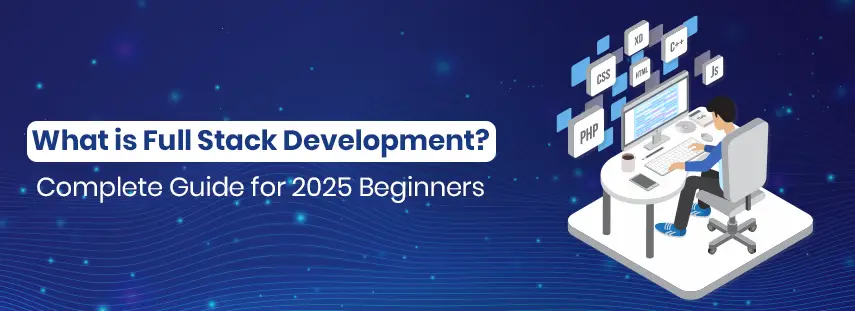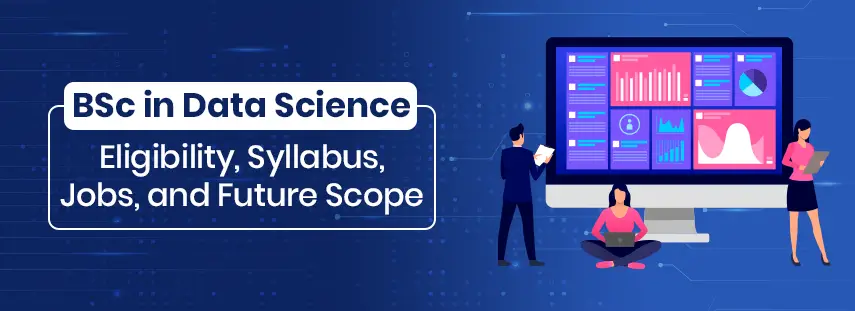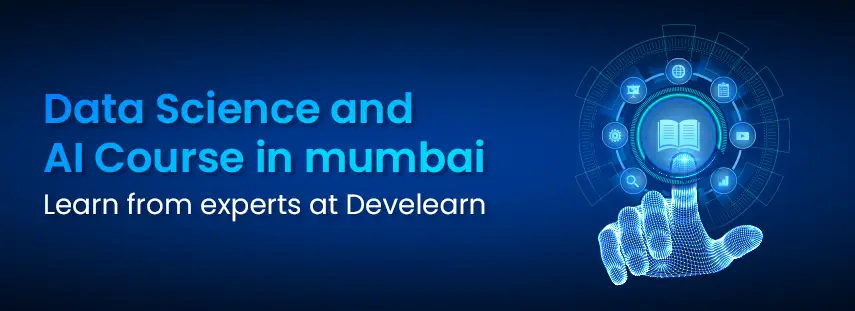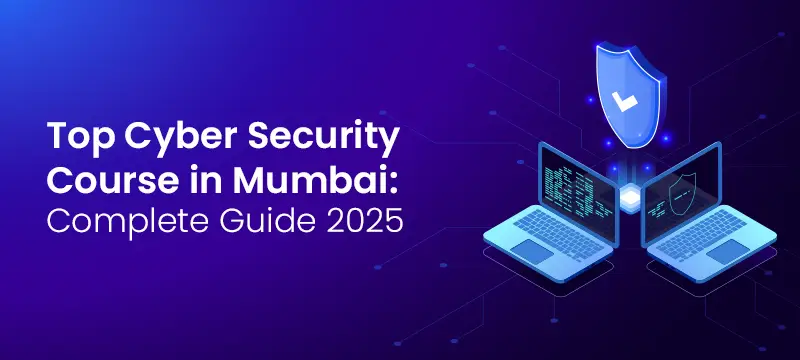Join As Students, Leave As Professionals.
Develearn is the best institute in Mumbai, a perfect place to upgrade your skills and get yourself to the next level. Enroll now, grow with us and get hired.
Full Stack Developer Course Syllabus 2024 | Duration & Fees
Get a breakdown of the Full Stack Developer Course Syllabus for 2024, including essential programming skills, front-end frameworks, and back-end technologies.
DeveLearn Technologies
30 minutes
November 15, 2024
Loading content...
